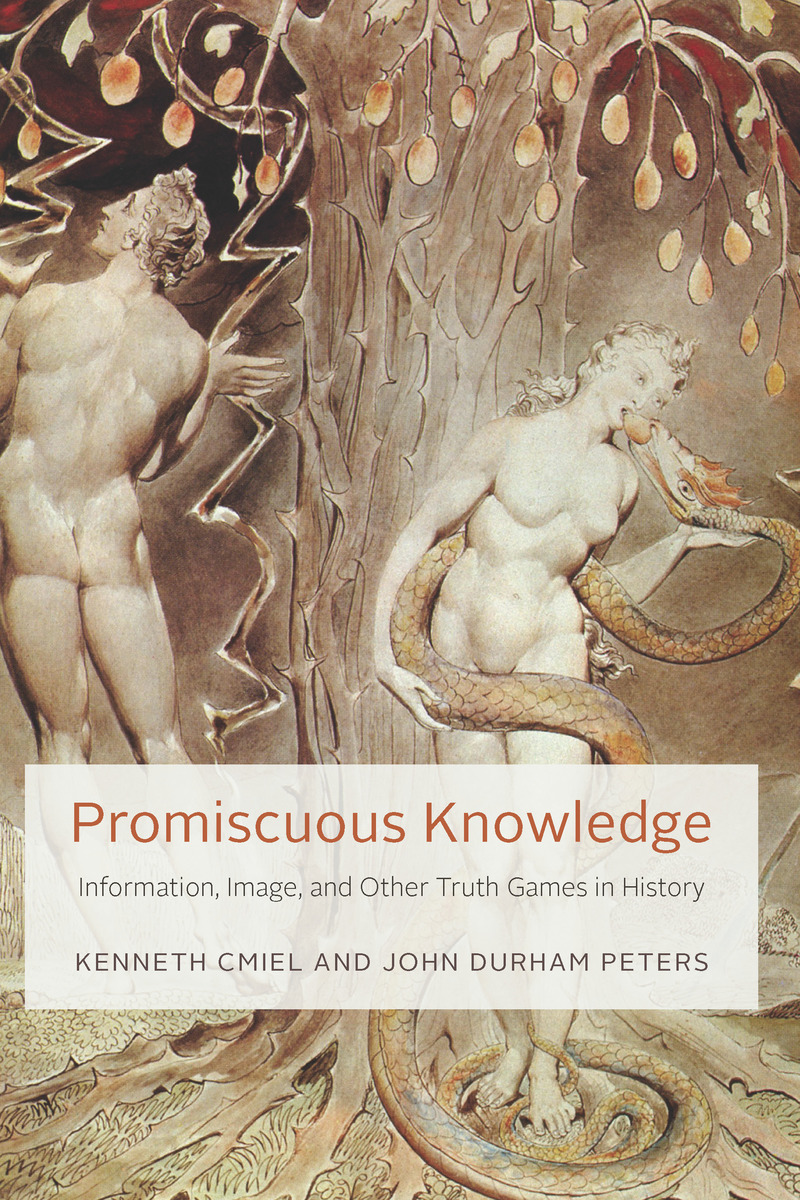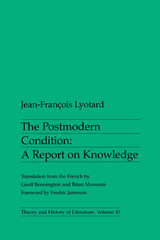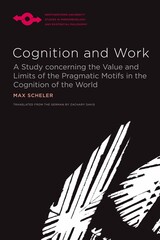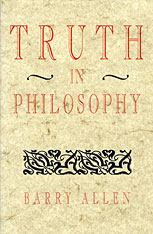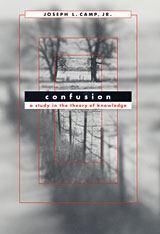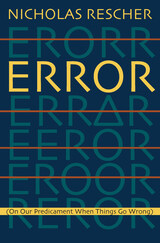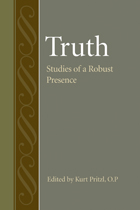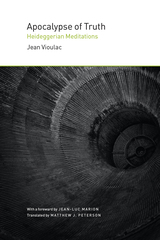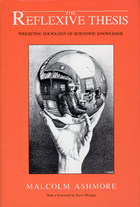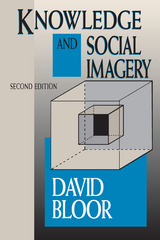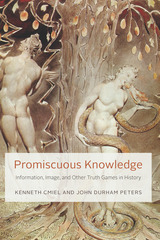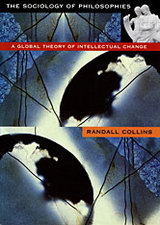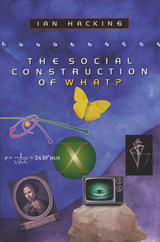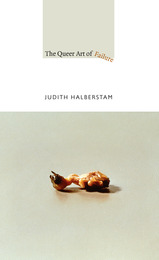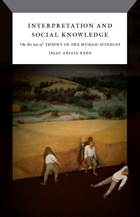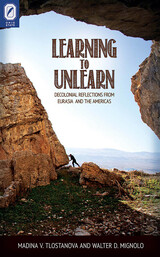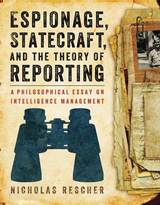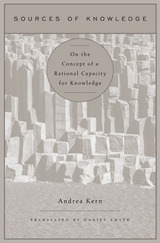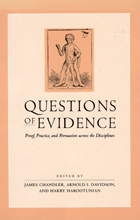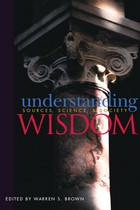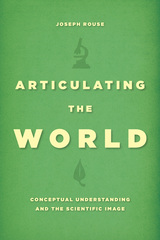Promiscuous Knowledge: Information, Image, and Other Truth Games in History
University of Chicago Press, 2020
eISBN: 978-0-226-67066-9 | Cloth: 978-0-226-61185-3
Library of Congress Classification BD175.C554 2019
Dewey Decimal Classification 306.42
eISBN: 978-0-226-67066-9 | Cloth: 978-0-226-61185-3
Library of Congress Classification BD175.C554 2019
Dewey Decimal Classification 306.42
ABOUT THIS BOOK | AUTHOR BIOGRAPHY | REVIEWS | TOC | REQUEST ACCESSIBLE FILE
ABOUT THIS BOOK
Sergey Brin, a cofounder of Google, once compared the perfect search engine to “the mind of God.” As the modern face of promiscuous knowledge, however, Google’s divine omniscience traffics in news, maps, weather, and porn indifferently. This book, begun by the late Kenneth Cmiel and completed by his close friend John Durham Peters, provides a genealogy of the information age from its early origins up to the reign of Google. It examines how we think about fact, image, and knowledge, centering on the different ways that claims of truth are complicated when they pass to a larger public. To explore these ideas, Cmiel and Peters focus on three main periods—the late nineteenth century, 1925 to 1945, and 1975 to 2000, with constant reference to the present. Cmiel’s original text examines the growing gulf between politics and aesthetics in postmodern architecture, the distancing of images from everyday life in magical realist cinema, the waning support for national betterment through taxation, and the inability of a single presentational strategy to contain the social whole. Peters brings Cmiel’s study into the present moment, providing the backstory to current controversies about the slipperiness of facts in a digital age. A hybrid work from two innovative thinkers, Promiscuous Knowledge enlightens our understanding of the internet and the profuse visual culture of our time.
See other books on: Communication | Communication and culture | Image | Information | Knowledge, Sociology of
See other titles from University of Chicago Press
